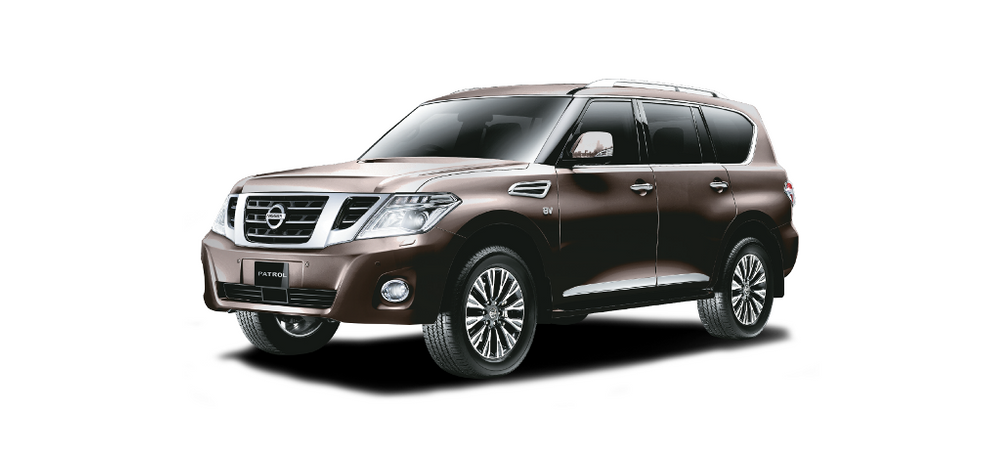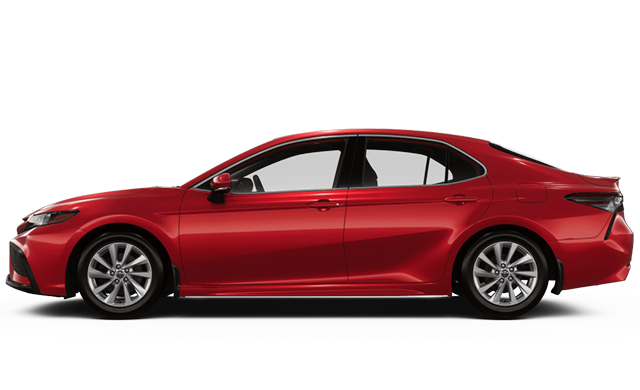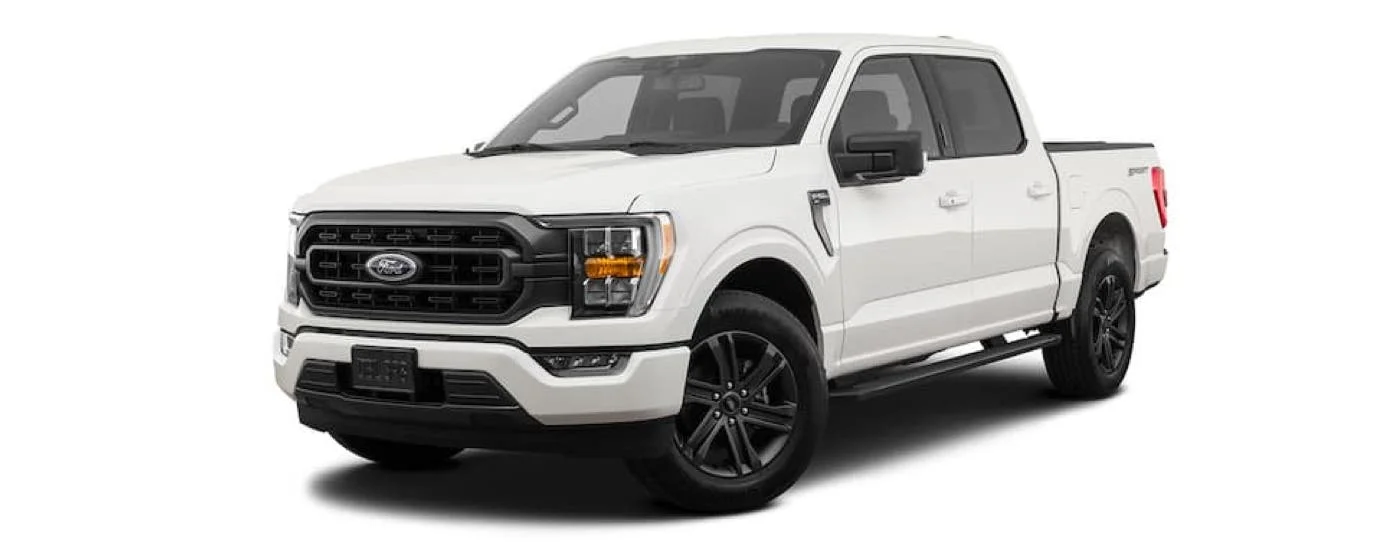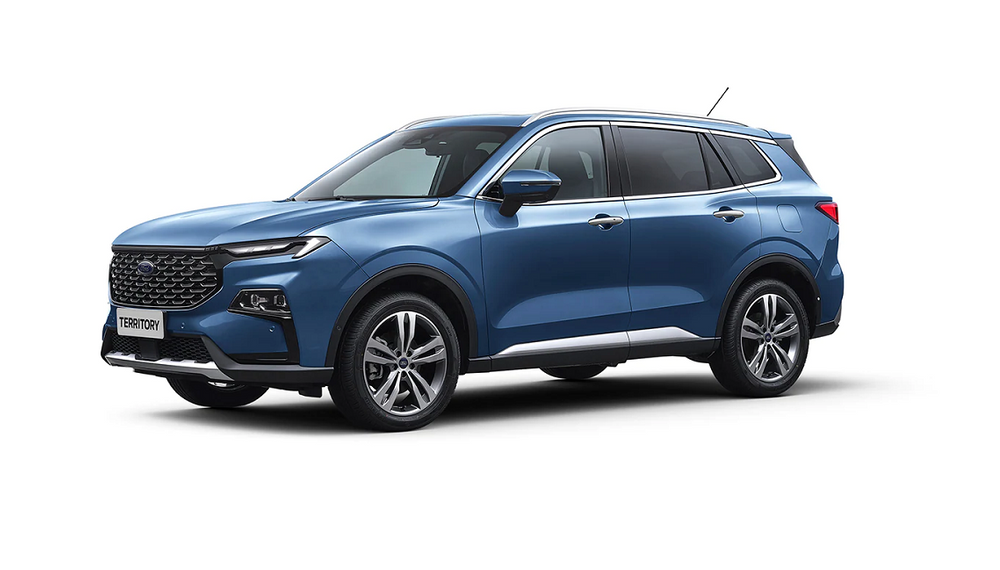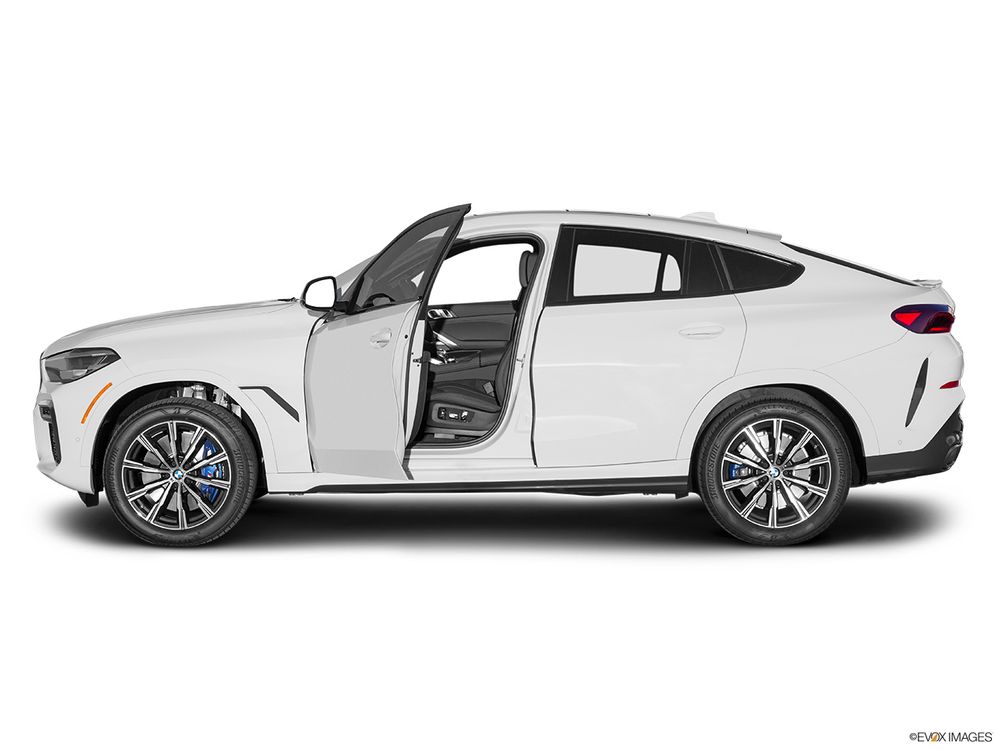Porsche Brand Heritage: A Legacy of Performance and Innovation
Published On, Jan 11, 2024 | By YaaraCars Team
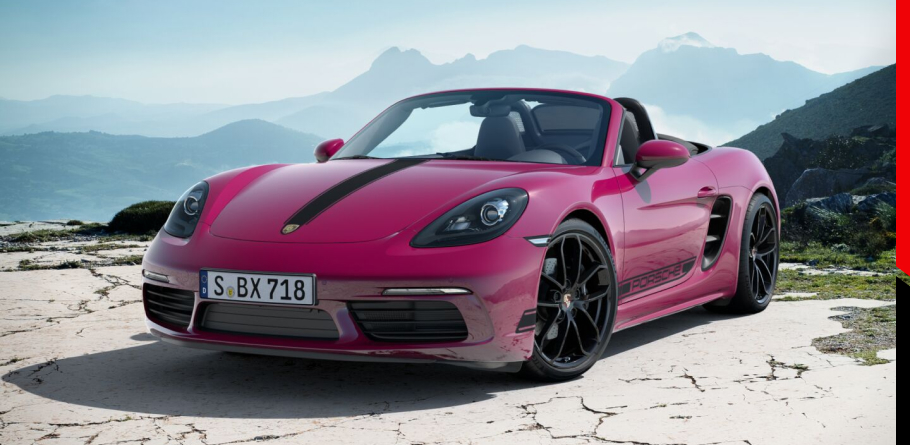
Few automotive brands are as synonymous with excellence and iconic performance as Porsche. Known worldwide for its combination of luxury, precision engineering, and motorsport dominance, Porsche has established itself as one of the most revered names in automotive history. From its humble beginnings in the 1930s to becoming a symbol of sports car performance, Porsche's story is a fascinating journey of vision, innovation, and passion.
Explore: Porsche Cars in UAE | Porsche Cars in KSA
The Origins of Porsche
The history of Porsche begins with Ferdinand Porsche, a visionary automotive engineer whose ideas laid the foundation for the brand. Ferdinand Porsche founded his engineering firm, Dr. Ing. h.c. F. Porsche GmbH, in 1931 in Stuttgart, Germany. Initially, the company did not produce its own cars but rather worked as a consulting firm, designing vehicles and components for other automakers.
One of the company’s first notable achievements was the design of the Volkswagen Beetle in collaboration with the German government. This "people's car" would go on to become one of the most successful vehicles of all time. However, Ferdinand Porsche had a dream of creating a sports car that embodied performance and agility, which led to the birth of Porsche's own iconic car.
The First Porsche Car: 356 No. 1
The first car to bear the Porsche name was the Porsche 356, which debuted in 1948. Designed by Ferdinand’s son, Ferry Porsche, the 356 was a lightweight sports car that laid the groundwork for everything Porsche would become. Its rear-engine layout, aerodynamic design, and focus on performance and driving pleasure made it an instant favourite among enthusiasts. The 356 was successful both on the road and in motorsport, and it firmly established Porsche's reputation as a manufacturer of quality, high-performance sports cars.
The Birth of the Iconic 911
In 1964, Porsche introduced the 911, a model that would come to define the brand. Designed by Ferdinand "Butzi" Porsche, Ferry's son, the 911 combined the company’s engineering expertise with a timeless design that has remained largely unchanged for decades. With its distinctive shape, rear-mounted engine, and exceptional handling, the 911 became an instant classic and a benchmark in the sports car industry.
The Porsche 911 has evolved through multiple generations but has always maintained its core characteristics—agility, power, and a driver-focused experience. It became the car of choice for racing enthusiasts and professional drivers alike, and its motorsport pedigree only added to its mystique. The 911 has been instrumental in Porsche’s success on the track, with countless wins in major competitions like the 24 Hours of Le Mans, the World Rally Championship, and endurance racing series.
Porsche in Motorsports
Motorsport has always been at the heart of Porsche’s brand heritage. The company's dedication to motorsport began in the early 1950s, with the Porsche 550 Spyder, which achieved significant racing success. Over the years, Porsche has participated in a wide range of motorsport events, solidifying its reputation as a builder of high-performance vehicles.
The brand's most notable achievements in motorsport include its record number of wins at the 24 Hours of Le Mans, the world's oldest endurance race. Cars like the Porsche 917 and the 956/962 helped cement Porsche’s dominance at Le Mans, where the brand has claimed overall victory more than any other manufacturer. Porsche's racing success is a testament to its engineering excellence and the performance capabilities of its vehicles.
Innovation and Engineering Excellence
Porsche has always been committed to pushing the boundaries of automotive engineering. The brand’s relentless pursuit of innovation has led to the development of technologies that have set new standards in the automotive industry. Porsche was among the pioneers in the development of turbocharging for its road cars, with the introduction of the Porsche 911 Turbo in the 1970s. The company also played a significant role in advancing all-wheel-drive systems, lightweight materials, and aerodynamics.
In recent years, Porsche’s latest models have embraced the move towards electrification with the launch of the Taycan, the brand’s first fully electric sports car. The Taycan represents a new chapter for Porsche, combining the brand's legendary performance with cutting-edge electric technology. Porsche's commitment to sustainability and innovation ensures that it remains at the forefront of the evolving automotive landscape.
Porsche Today: A Legacy of Luxury and Performance
Today, Porsche remains synonymous with luxury, performance, and engineering brilliance. The brand's lineup has expanded beyond the 911 to include a variety of sports cars, sedans, and SUVs. Models like the Cayenne and Macan have brought Porsche's driving dynamics to the SUV segment, attracting a broader audience, and contributing to the brand's continued growth.
Despite this diversification, Porsche has stayed true to its roots. Every Porsche, from the compact 718 Cayman to the flagship 911 GT3, reflects the company's dedication to delivering an unparalleled driving experience. The combination of luxury, precision, and performance has allowed Porsche to maintain its position as one of the most respected and desirable automotive brands in the world.
Conclusion
Porsche’s heritage is a story of passion, innovation, and a relentless pursuit of excellence. From its beginnings as an engineering consultancy to its status as a leading sports car manufacturer, Porsche has always strived to push the limits of what is possible in the automotive world. The brand's unwavering commitment to performance, design, and quality has created a legacy that is respected by car enthusiasts and admired by competitors. Whether on the racetrack or the open road, Porsche continues to be a symbol of driving pleasure and automotive excellence, carrying its rich heritage into the future with every new model it creates.


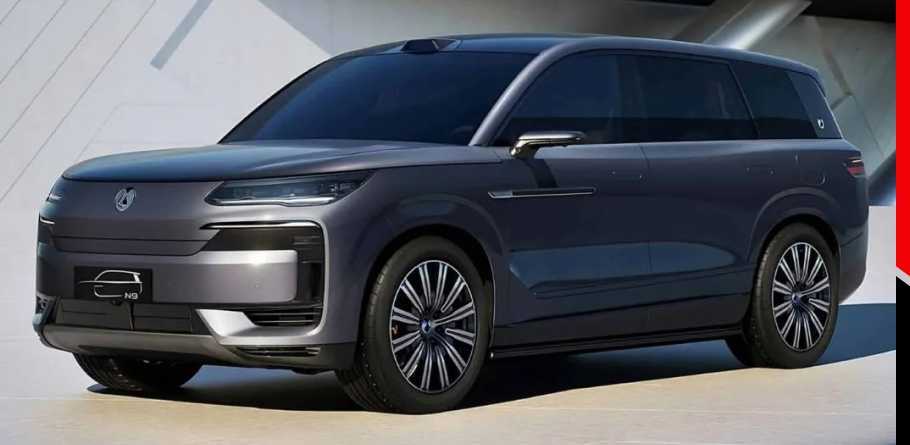
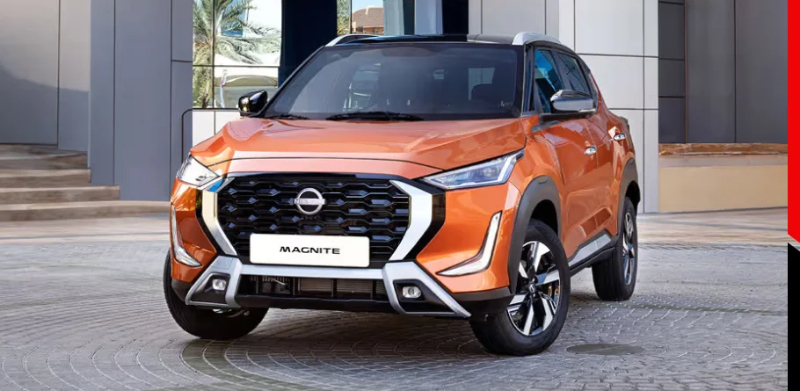
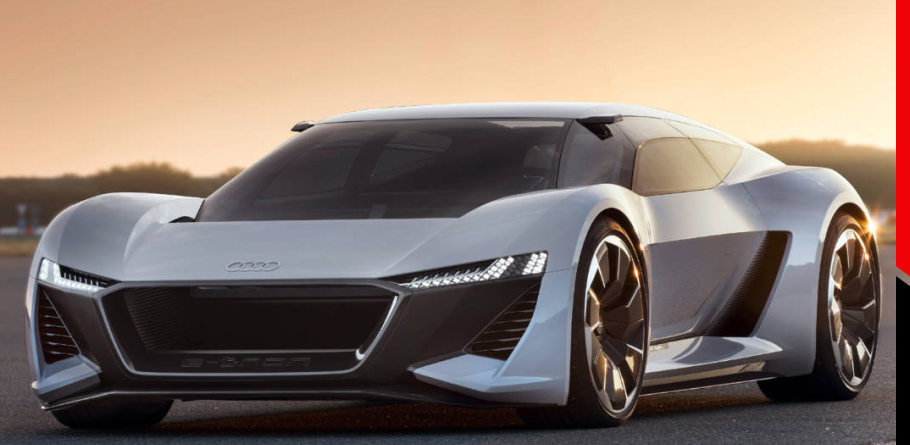
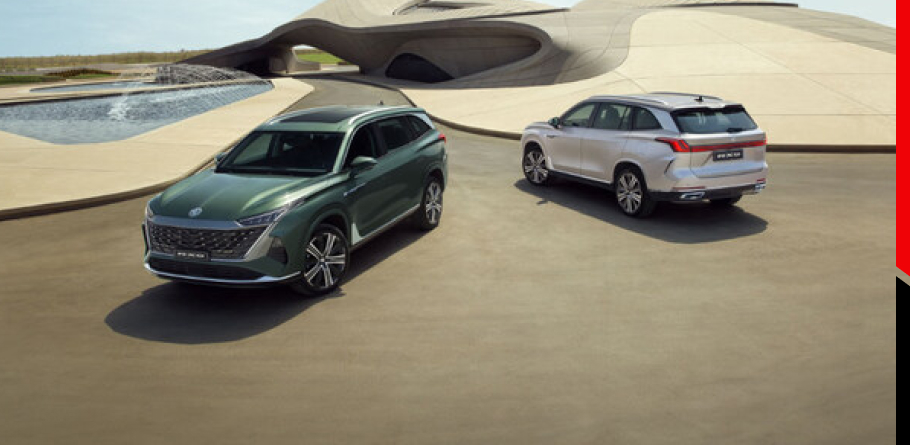
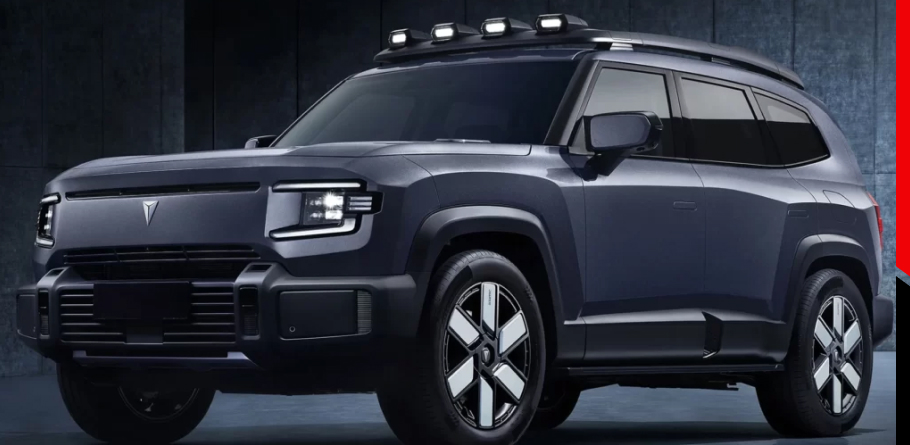
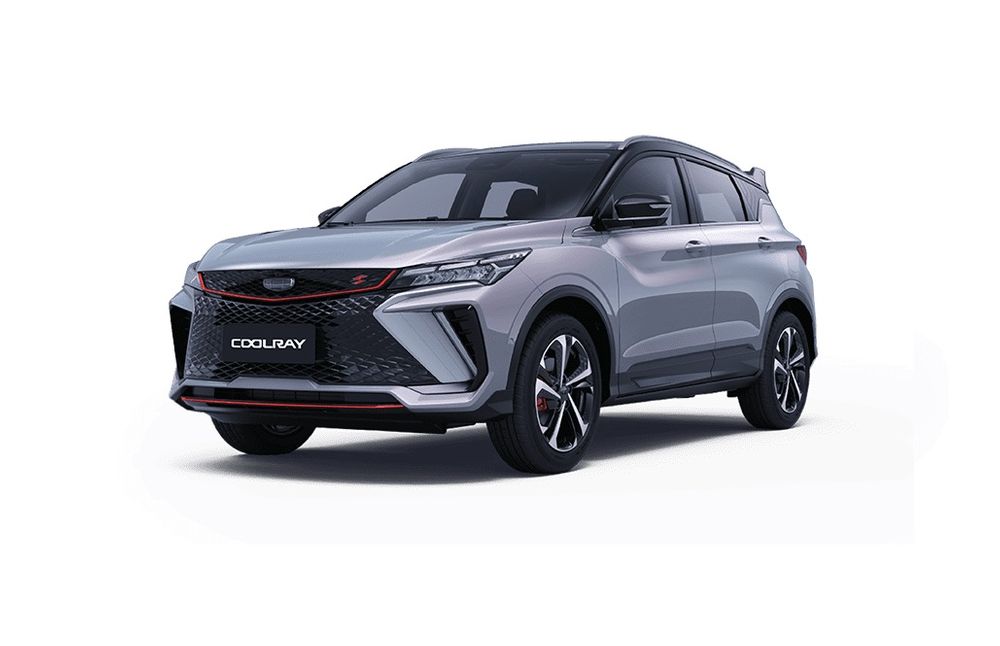
.jpg)

